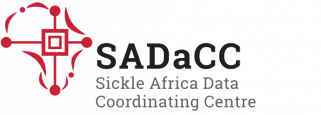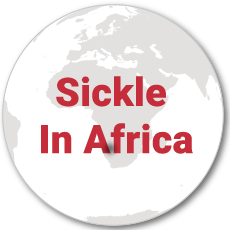Strengthening Childcare Models that Advance Women's Economic Power
Strengthening Childcare Models that Advance Women's Economic Power
This RFP seeks to support evidence-based testing and learning of childcare models in South Asia and Africa that support women's workforce participation by offering paid work opportunities, reduce and redistribute the burden of unpaid care, support women's pathways into leadership and/or shift gender norms related to paid work and caregiving.
We are looking for projects with an up to 3-year timeline that will achieve at least one of the following objectives:
Support Women's Economic Opportunity: Advance childcare models that support women's economic opportunities and/or pathways to leadership by expanding access to childcare services, reduce and redistribute the burden of unpaid care for women, and/or increase decent work opportunities for women in the childcare workforce.
Advancing Evidence: Advance evidence of scalable, sustainable, effective and gender intentional models of childcare, including (but not limited to) pilots which test and compare multiple models of childcare provision, proposals that study applicability and customization of successful care models in target geographies, programs that demonstrate business models which can sustain themselves (either with public or private resources) and/or pilots which help to understand the minimum and optimal levels of childcare quality.
Shift Gender Norms: Accelerate the economic benefits and impacts of childcare for women by shifting gender norms to expand women's economic agency through (but not limited to): increasing acceptability of women working outside the home, increasing women's control over newly gained income (inside or outside the care workforce), and shifting social norms regarding acceptability of women using care services.
Ideally, proposals should also:
Improve children's learning, social, emotional, and physical outcomes through high-quality curriculum.
To the extent possible, measure the effect childcare has on early child development in low-resource settings, including a measurement of school readiness.
Use data-centered and cost-effective approaches to study and shape effective strategies that can guide policies on childcare.
Tailor approaches to address the specific and targeted needs of the segment of women you're aiming to serve.
Priority will be given to proposals that:
Partner considerations:
We particularly encourage applications that include the following:
Local Leadership: are led by in-country partners.
Centering Women's Expertise: applications involving projects led by women and/or from women-led organizations, and/or projects that integrate women's voices and experiences throughout the project.

